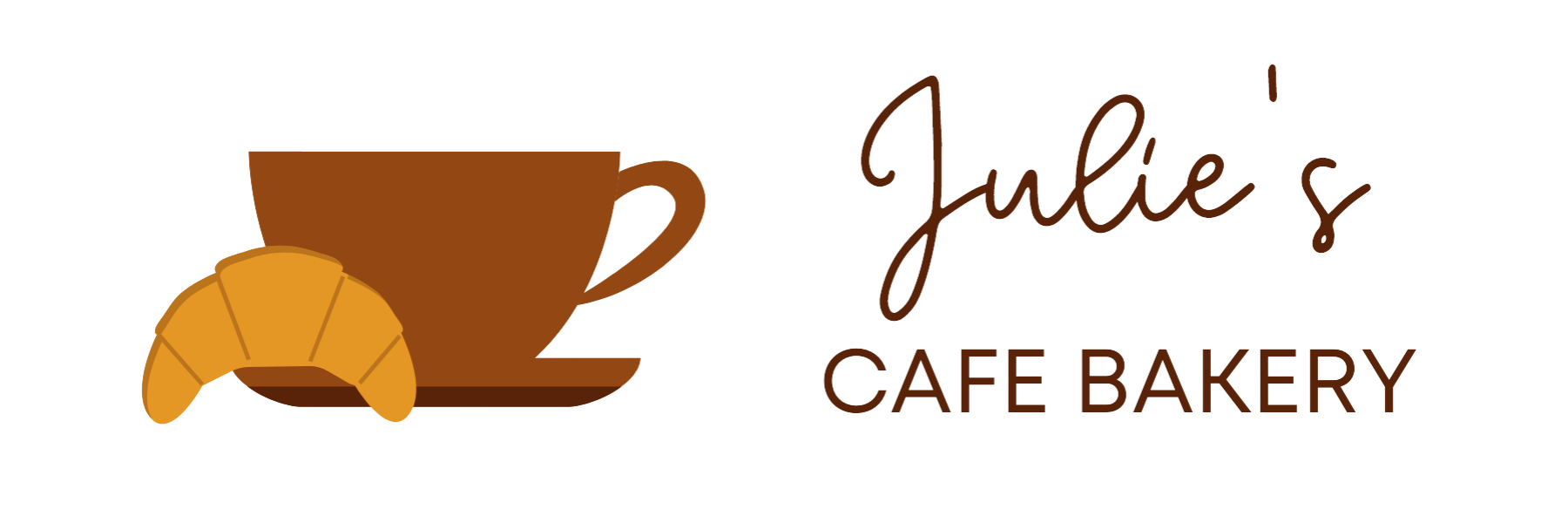How To Monetize A Cooking Blog: Tips For Beginners And Beyond


If a blogger runs a cooking blog today, they don’t just share their favorite recipes; they also talk about their experiments in the kitchen. Many use this blog as a full-fledged source of income, or at least as a stable side job. If the project is taken seriously, the question of monetization will inevitably arise at some point. At the same time, it is essential to achieve this result without losing the trust of your audience.
The most apparent option is banner advertising. You can simply connect automated advertising from Google AdSense or other networks, but a much more interesting option would be to work with advertisers directly — in this case, the blogger will be able to choose which ads to display. For example, I was approached by companies offering spices and kitchen utensils. There were also representatives of the entertainment industry who actively work with external platforms.
Once I decided to participate in an activity related to the Lucky Jet mobile game app. It involved promoting an advertising link that would allow users to download the Lucky Jet game app on iOS, for example, as on the website www.lucky-jet-game.com.in. The game was just starting to gain popularity in India at the time, but despite this, this advertising format unexpectedly caught on with my audience.
I was surprised, but I took note that it was possible to use a non-standard advertising format. The most important thing is to ensure that the reader feels no internal resistance and that the text is unobtrusive. Affiliate programs are another tool that can help you earn money.
This can be achieved with equal success by linking to kitchen appliances and specific products. It is desirable that all of these items can be used in cooking. Readers often ask me questions about cookware and ingredients, and affiliate links offer an opportunity to answer these questions, with a small bonus in this case serving as a nice addition.
Publishing sponsored content as part of online marketing can also generate a decent income, but this is a case where you need to carefully filter topics. If I believe the text could cause mistrust or if it doesn’t align with the blog’s theme, I will not publish it. However, there are pleasant exceptions, such as my review of a cookbook. I liked it, so it was a great experience. Another typical case is when I talked about relaxing rituals you can use after cooking and mentioned a project related to digital entertainment. Things like this don’t stick out and fit perfectly into the theme.
Of course, this only works if you have a regular and engaged audience. You definitely shouldn’t expect a steady income from a site that gets around 50 visitors a day. However, if you have a core group of interested subscribers who are not only interested in recipes but also in the stories told “in between,” anything is possible. Plus, as your audience grows, you can turn your blog into a full-fledged media platform — for this, you can and should use Instagram Reels, Pinterest, or even short videos on YouTube.
The main thing is to maintain a balance. The advertised product should be of interest to the blog author themselves — in this case, you can count on a positive reaction from the audience. Sometimes things can be quite unexpected — for example, not only organic spices, but also digital campaigns related to the mobile entertainment market in India. The most important thing is to present everything sincerely and without pressure, because readers are always susceptible to such things.
That’s why I try not to think of monetization as a separate “job.” I see it as a natural continuation of my project. Since a blog is a reflection of the blogger’s personality, the advertising on it must also reflect that personality.
